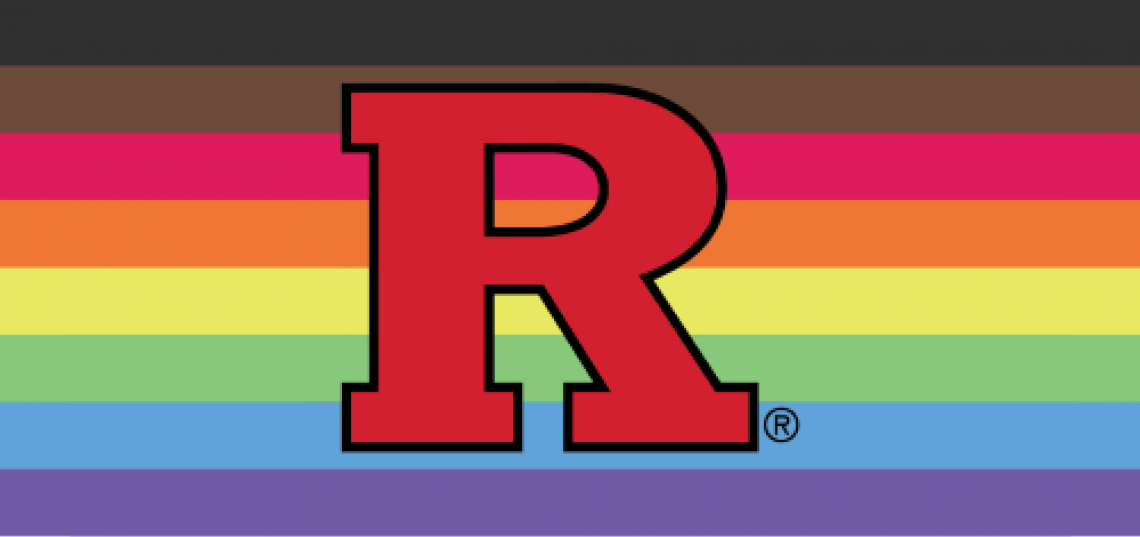
According to the Campus Pride Index list, Rutgers University is one of the most LGBTQ-friendly colleges and universities in the U.S, earning a 5-star rating. The index, the premier LGBTQ national benchmarking tool for colleges and universities since 2007, is based on eight factors, including LGBTQ policy inclusion, housing, academic life, and student life.
The designation of June as Pride Month relates to the Stonewall Uprising on the night of June 28, 1970, in New York City. When police raided the Stonewall Inn, a gay bar in Greenwich Village, it sparked days of protests and riots that catalyzed the gay rights movement. Assistant Professor of Library and Information Science Megan Threats, Ph.D., MSLIS, who is interested in eliminating health disparities affecting sexual and gender minority communities of color, provided this historical perspective:
The celebration of Pride Month during June is a testament to the hard-fought victories of activists involved in the Gay Liberation Movement in the United States. The Pride traditions that we enjoy today initially began with annual ‘Reminder Day Pickets’ organized by the East Coast Homophile Organization (ECHO), which took place in Philadelphia beginning in 1965 each Fourth of July. Following the one-year anniversary of the Stonewall Uprising, ECHO approved moving the 1970 march to New York City. On June 28, 1970, the Christopher Street Liberation Day March was held in New York City, and sister marches were held in Los Angeles and Chicago. These events are often credited as being the first Pride marches in the U.S.
As Pride Month educational events and celebrations abound, SC&I reflects on a few firsts in Rutgers history, recorded by the Rutgers Center for Social Justice Education and LGBT Communities (SJE). In 1969, sophomore Lionel Cuffie established the Rutgers Student Homophile League on the College Avenue campus in New Brunswick. It was the first openly gay organization in New Jersey, the first post-Stonewall campus-based gay liberation organization, and the second oldest gay and lesbian organization on a college campus nationwide. Each year, a graduating activist-scholar receives the Lionel Cuffie Award for Activism and Excellence. Rutgers also offers an LGBTQA scholarship open to undergraduate and graduate students.
In 1992, the university founded the Office of Diverse Community Affairs and Lesbian and Gay Concerns under the direction of Cheryl Clarke, Ph.D. Clarke is a poet, essayist, educator, and Black feminist community activist. In addition to founding the Center, Clarke earned her M.A. and Ph.D. at Rutgers, served as former dean of students of Livingston campus, and is an emerita professor of Women’s and Gender Studies at Rutgers. The SJE, based on the College Avenue Campus, provides educational and social programs, leadership development, and policy consultation for LGBTQIA and ally students, faculty, staff, and community members. For more information, contact the SJE.
--
